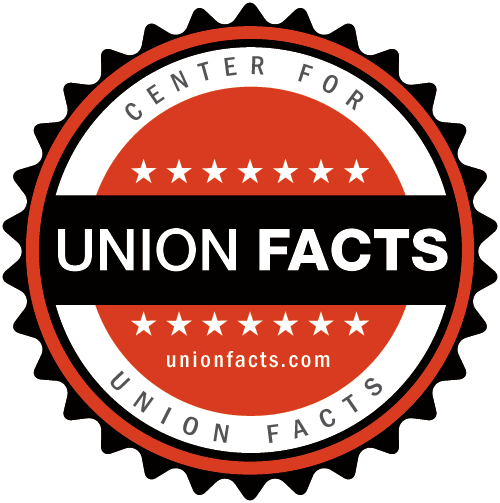History
Union officials hoping to rebuild their waning membership are seeking to codify the often intimidating and anti-democratic union recognition method of “card check/neutrality.” One rhetorical point on which they rely is the claim that the legal recognition of card check would return America to the grand old days when the National Labor Relations Act was first created. Yet this overlooks the history of that law and subsequent findings by legislators, the courts, and victimized employees alike.
Between 1935 and 1947, the National Labor Relations Act allowed for secret ballot elections or “other suitable methods” to determine union recognition. Union spokespersons often note this fact, but stop here. They fail to acknowledge that in representation cases handled by the NLRB, only an estimated 20 percent were through the card check method.
In 1947, legislators recognized significant flaws in the law that allowed for abuse of American employees. One significant change removed language that allowed for “other suitable methods” such as card check to be used for union recognition through the NLRB. Since 1947, secret ballot elections have been recognized as the preferred method of recognizing union representation. That year, the House Education and Labor Committee explained the rationale for improving labor relations laws:
For the last 14 years, as a result of labor laws ill-conceived and disastrously executed, the American workingman has been deprived of his dignity as an individual. He has been cajoled, coerced, intimidated, and on many occasions beaten up, in the name of the splendid aims set forth in section 1 of the National Labor Relations Act.
Even the working man seeking to join a union, the Committee noted, had fallen victim to abuses that elections help remedy:
He has been forced into labor organizations against his will. At other times when he has desired to join a particular labor organization he has been prevented from doing so and forced to join another one. He has been compelled to contribute to causes and candidates for public office to which he was opposed.

